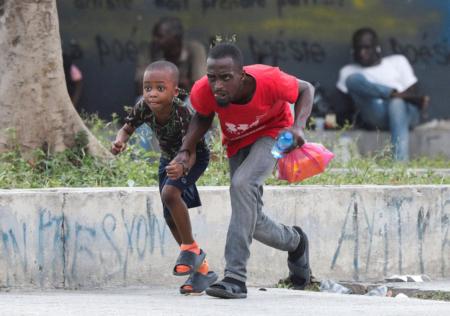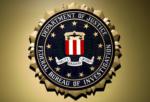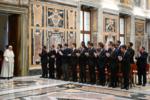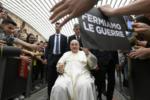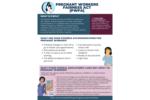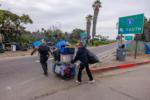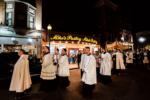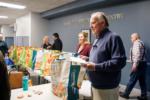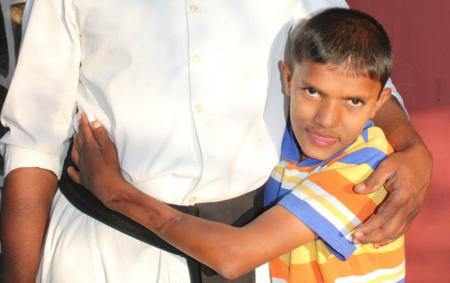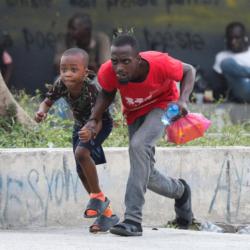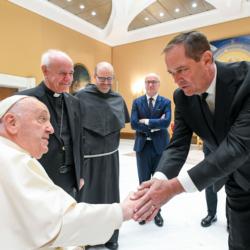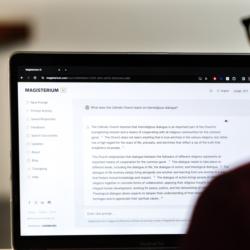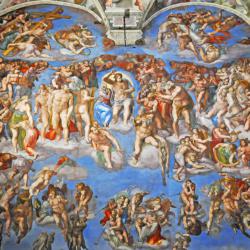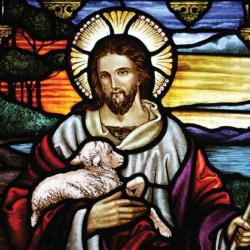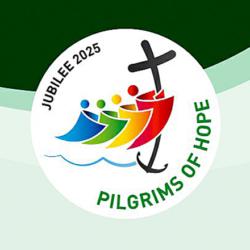Church, activists welcome Sri Lankan decision on war crimes probe
NEW DELHI (CNS) -- Church leaders and Christian activists welcomed the Sri Lankan government's decision to seek "advice, technical support and assistance" from the international community for a probe into war crimes during the closing stage of the protracted ethnic war.
"The Holy Father's call for 'truth, justice and reconciliation' during the (January) visit has not gone in vain," Bishop Rayappu Joseph of Mannar, an advocate for the war victims, told Catholic News Service March 6 from Colombo, Sri Lanka.
Sri Lankan Foreign Minister Mangala Samaraweera told the U.N. Human Rights Council that the new government would cooperate with the international community to address reconciliation and accountability in the Indian Ocean island nation.
"The last few years when Sri Lanka moved away from this cooperative approach was an aberration," Samaraweera told the council in Geneva March 2.
U.N. agencies have estimated that more than 40,000 ethnic minority Tamils perished in May 2009 in the final stage of the ethnic war that ended with the defeat of the Liberation Tigers of Tamil Eelam, who fled with civilians.
However, the previous Sri Lankan administration resisted international clamor for an investigation into war crimes against the Tamils, who make up about 18 percent of the nation's 20 million people.
President Maithripala Sirisena, who assumed office four days ahead of Pope Francis' Jan. 13 arrival, has promised a probe into allegations that up to 40,000 ethnic Tamil civilians were killed by troops under the command of former President Mahinda Rajapaksa.
During his Jan. 13-15 visit, Pope Francis told Sri Lankans: "The process of healing also needs to include the pursuit of truth, not for the sake of opening old wounds, but rather a necessary means of promoting justice, healing and unity."
Bishop Joseph, part of the Tamil community, told CNS, "Certainly, the pope's advice has had an impact on this government decision."
"I am sure the Holy Father must have raised these concerns when he met the president and others," he said.
In 2014, after Bishops Joseph and Thomas Emmanuel of Jaffna met at the Jaffna bishop's house with Stephen J. Rapp, U.S. ambassador-at-large for war crimes with the U.S. Office of Global Criminal Justice, members of the former Sri Lankan government labeled the bishops traitors and demanded their arrest.
"We are happy that the (new) government itself has shown willingness to address the issue with international cooperation," Bishop Joseph said.
"Truth and justice alone can bring in reconciliation. Thousands of civilians ... have gone missing after the war. The common refrain is 'Where are they?'" Bishop Joseph said.
Jehan Perera, executive director of the National Peace Council of Sri Lanka, of which the Catholic church is a member, told CNS: "We are glad that the government is open and serious about a transparent inquiry into the war crimes with international cooperation.
"We hope this will lead to acknowledgment of the what had happened and also help the reconciliation process, which is badly required," Perera said.
Ruki Fernando, an outspoken Catholic human rights activist who has been working with the war victims, also hailed the decision of the government to seek international cooperation. He told CNS it was "imperative for the government, media, church and civil society to engage with local populations and groups who are against the U.N. investigation and explain why it's important to cooperate."
